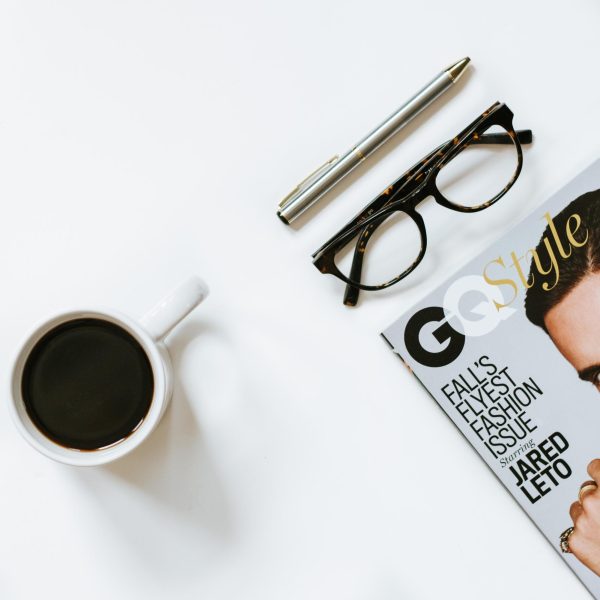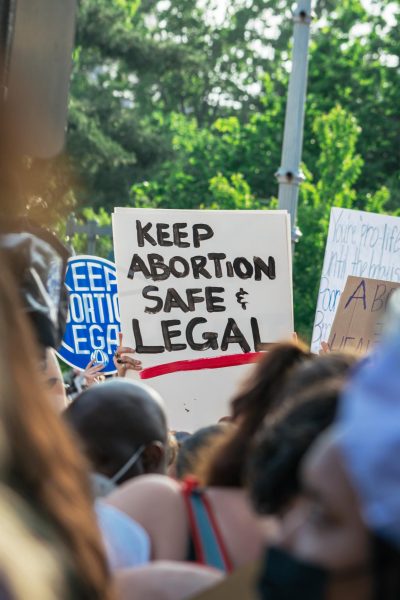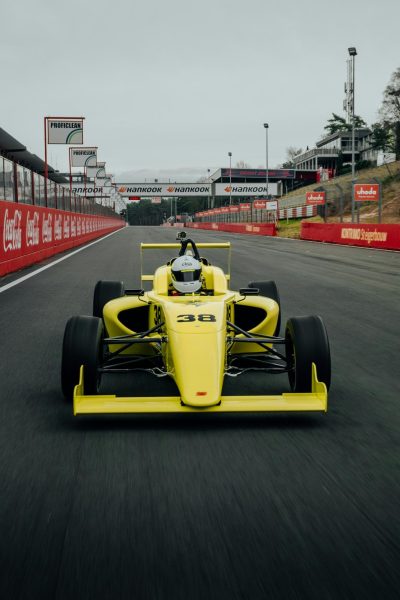WAP Empowers, Not Over-Sexualizes Women
October 10, 2020
“WAP” is a progressive hip-hop song recently released by Cardi B and featuring Megan Thee Stallion. The hit is a song that consists of sexual lyrics that some claim sexualize women, while others say encourage female empowerment.
It’s not an unfamiliar concept that women have been sexualized and degraded to just their bodies, and this female-written song begins to show that women should be able to be as comfortable in their sexuality as men stereotypically are. The artists use vulgar and sexual lyrics in the bop. Megan Thee Stallion and Cardi B have both in the past shown confidence in their sexuality. However, this song is solely about sex and brings it to a new level.
Teenagers and Gen-Z have shown endless love and support towards this song and these women, calling it a “cultural reset” and “song of the year.” On social media app Tik Tok teenagers have created a viral trend to pair this song with a suggestive dance. A multitude of covers and remixes have been released to it in different genres, paired with the fitting genre of dance style. Many go wild over this song and have memorized the rap lyrics in mere weeks.
However, by showing this sexual side of themselves, some say that the artists are actually encouraging the sexualization of women by objectifying women. By having such sexual and “invaluable” lyrics, some are saying that women are calling themselves objects and inviting sexualization.
I do not agree with those ideas; I believe the song and other forms of art with similar topics should be considered inspiration and models for generations to come.
These types of lyrics are nothing new in pop culture and music. Male artists have had vulgar and sexual lyrics in songs for centuries. This double standard is completely unfair. Only recently have women felt comfortable enough to also show a sexual side of themselves in their art and music, and used it to encourage female empowerment and confidence in their sexual sides.
We’re owning our sexualities and fighting back against society’s sexualization of our bodies.
Shouldn’t all genders be able to express any part of themselves in their art without “inviting sexualization”? Regardless of whether women are purposely using sex as part of their art, they will and always have been sexualized for no particular reason. “WAP” is a song showing growth in females and that we have progressed past a time where it has been shameful to speak on these topics. We’re owning our sexualities and fighting back against society’s sexualization of our bodies.











